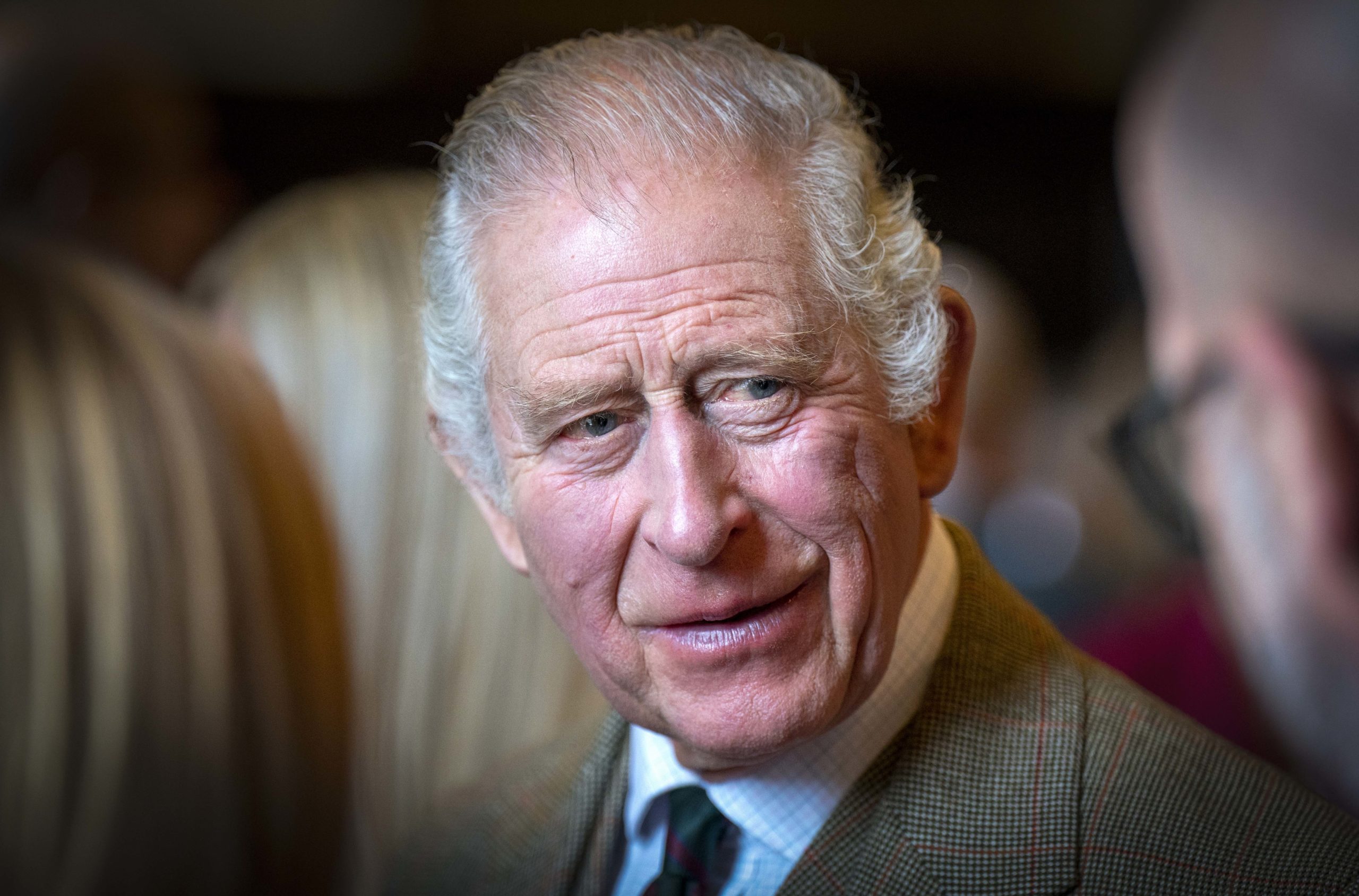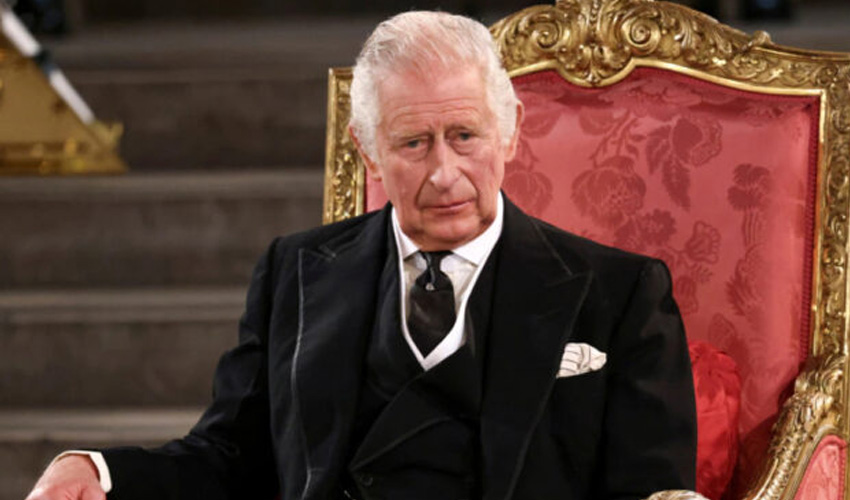The Historical Context of King Charles' Reign
The reign of King Charles has been one of the most talked-about periods in modern British history. His ascent to the throne marked a significant transition for the monarchy, as he succeeded Queen Elizabeth II, who had been a beloved figurehead for decades. King Charles, known for his environmental advocacy and progressive views, brought a fresh perspective to the monarchy. His reign has been characterized by a focus on modernizing the institution and addressing contemporary issues. However, the year 2024 has taken a surprising turn with the news of his potential abdication, which has captivated the attention of royal watchers and the public alike.
Understanding the Reasons Behind the Abdication
Speculation about King Charles' abdication has been rife in the media, with various theories circulating about the reasons behind this monumental decision. Some suggest that health concerns may be a contributing factor, given the demanding nature of royal duties. Others believe that King Charles may wish to pass the baton to the younger generation, particularly to Prince William, who has been increasingly involved in royal engagements. Additionally, there are discussions about the pressures of maintaining the monarchy's relevance in a rapidly changing world. Regardless of the reasons, the decision to abdicate is undoubtedly a complex one, with far-reaching implications for the royal family and the nation.
The Impact on the Royal Family
The news of King Charles' potential abdication has undoubtedly sent shockwaves through the royal family. The transition of power is not just a personal decision but a significant institutional change. Prince William, as the next in line, will face the enormous responsibility of stepping into his father's shoes. This transition also brings attention to the role of Prince Harry and Meghan Markle, who have carved out their unique path away from traditional royal duties. The dynamics within the royal family are bound to shift, and the relationships between its members will be closely scrutinized as they navigate this new chapter.
Public Reaction to the Abdication News
The public's reaction to King Charles' abdication news has been mixed, reflecting the diverse opinions held about the monarchy. Some view this potential change as an opportunity for the royal family to modernize and remain relevant in today's society. Others express concern about the stability and continuity of the monarchy, fearing that such a significant shift could undermine its historical significance. Social media platforms have become a hub for discussions, with trending hashtags and debates about the future of the British monarchy. The public's engagement with this news highlights the enduring fascination with royal affairs and the monarchy's place in contemporary culture.
The Media's Role in Shaping the Narrative
The media has played a crucial role in shaping the narrative surrounding King Charles' abdication news. From breaking news alerts to in-depth analyses, journalists and commentators have provided various perspectives on the situation. The coverage has ranged from factual reporting to speculative commentary, with some outlets focusing on potential successors and others examining the historical significance of the abdication. The media's portrayal of this news has influenced public perception and sparked widespread interest in the future of the monarchy. As the story continues to unfold, media outlets will play a pivotal role in keeping the public informed and engaged.
The Historical Significance of Abdication in the Monarchy
Abdication is a rare occurrence in the history of the British monarchy, making King Charles' potential decision all the more significant. The most notable abdication in recent history was that of King Edward VIII in 1936, who relinquished the throne to marry Wallis Simpson. This event had profound implications for the monarchy and the country, reshaping the royal line of succession. King Charles' potential abdication will inevitably draw comparisons to this historical precedent, prompting discussions about the evolving nature of the monarchy and the responsibilities of its members. It is a moment that will be etched in history, reflecting the ongoing transformation of this ancient institution.
Potential Successors and Their Roles
The question of succession is at the forefront of discussions surrounding King Charles' potential abdication. Prince William, as the direct heir, is widely regarded as the likely successor. His increasing involvement in royal duties and public appearances has positioned him as a capable and popular future king. However, the roles of other family members, such as Prince George and Princess Charlotte, also come into play as the monarchy plans for the future. The potential abdication provides an opportunity to assess the readiness and suitability of each member for their respective roles within the royal hierarchy. This period of transition will be closely watched, as the next generation of royals prepares to take on new responsibilities.
The Future of the British Monarchy
The potential abdication of King Charles raises important questions about the future of the British monarchy. As an institution deeply rooted in tradition, the monarchy must continually adapt to remain relevant in modern society. King Charles' reign has already seen efforts to modernize, but his potential abdication could accelerate these changes. Discussions about the monarchy's role, its public perception, and its contribution to national identity will likely intensify. The monarchy's ability to evolve while maintaining its historical significance will determine its future success. This period of transition offers an opportunity for reflection and reassessment, as the monarchy navigates its path forward.
Lessons Learned from Historical Abdications
Reflecting on historical abdications can provide valuable insights into the current situation. The abdication of King Edward VIII, for instance, taught important lessons about the personal sacrifices and public responsibilities associated with royal duties. These historical precedents highlight the delicate balance between personal desires and the expectations of the crown. As King Charles considers his potential abdication, the lessons learned from the past can inform his decision-making process. The experiences of previous monarchs serve as a reminder of the profound impact an abdication can have on the royal family and the nation. By examining these historical events, we can gain a deeper understanding of the challenges and opportunities that lie ahead.
Conclusion: The Unfolding Story of King Charles' Abdication
The news of King Charles' potential abdication is a developing story that continues to capture the world's attention. As the situation unfolds, the implications for the royal family, the British monarchy, and the nation will become clearer. This momentous decision marks a turning point in royal history, prompting discussions about tradition, modernization, and the future of the monarchy. As we await further developments, the story of King Charles' abdication serves as a reminder of the enduring fascination with royal affairs and the ever-evolving nature of this ancient institution. Whether viewed as a challenge or an opportunity, this period of transition will undoubtedly shape the monarchy's path forward, leaving an indelible mark on history.
Article Recommendations


